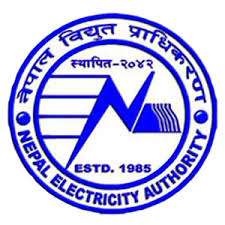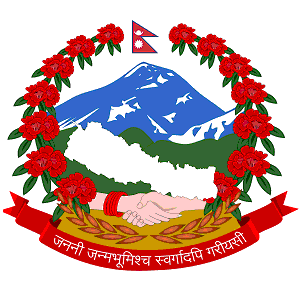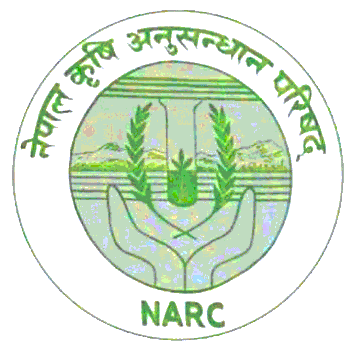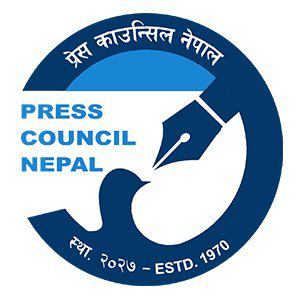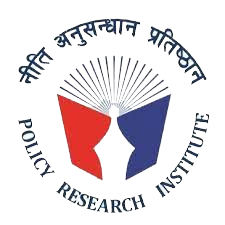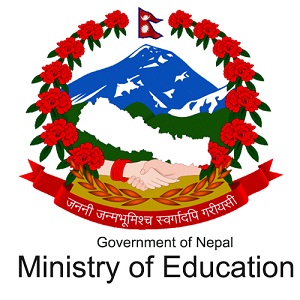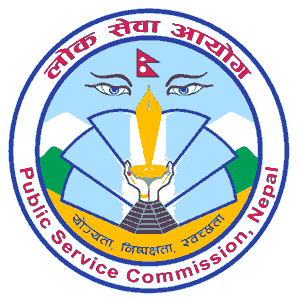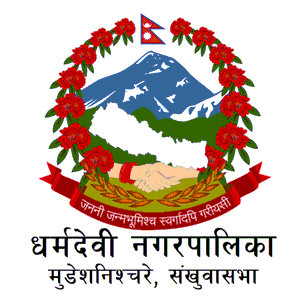Overview
The Tharu Commission, also known as Tharu Aayog (थारु आयोग), is a significant constitutional body established in 2017 AD (2074 BS) with a primary focus on the Tharu community in Nepal. This commission is a beacon of hope and empowerment for the Tharu community, ensuring their rights, culture, and history are recognized and protected.
Constitutional Mandate
- The Tharu Commission finds its roots in the Constitution of Nepal, specifically in Part 27, Article 263.
- The Tharu Commission Act, 2074, enacted by the Legislature Parliament, governs the commission's operations, including the qualifications of its members, their remuneration, and the commission's duties and rights.
Core Responsibilities
- Making recommendations to the Government of Nepal on Tharu-related policies.
- Reviewing, monitoring, and evaluating government policies and programs concerning the Tharu community.
- Conducting awareness programs to empower the Tharu community.
Vision and Objectives
-
Foresight: The commission envisions a prosperous Nepal, where the rights and interests of the Tharu community are protected and promoted, ensuring co-existence and tolerance among all castes, languages, and religions.
-
Objective 1: The Tharu Commission aims to be an independent, impartial, and reliable body, upholding the principles of fundamental and universal human rights.
-
Objective 2: The commission seeks to promote social harmony, protect the rights of the Tharu community, and ensure they enjoy their freedom, all based on the principle of inclusion and proportionality.
Purpose
- Enhancing the commission's capacity and institutional strength.
- Refining policies related to the Tharu community and ensuring their effective implementation.
- Protecting and promoting the Tharu community's language, culture, history, and traditions.
- Ensuring the Tharu community's rights through continuous monitoring.
- Expanding operational networks and collaborations.
Core Values
The Tharu Commission is guided by a set of values that shape its operations and interactions:
- Equality and Justice: Ensuring fair treatment for the Tharu community and all other communities in Nepal.
- Accountability: Holding regular public hearings, press conferences, and publishing work details for transparency.
- Ensuring Access: Making the commission easily accessible to stakeholders and the general public.
- Fairness: Operating without bias or prejudice.
- Independence and Autonomy: Working independently, free from external pressures.
- Transparency: Keeping the public informed about the commission's activities and decisions.
- Participation and Inclusion: Ensuring diverse and inclusive representation in all programs and recommendations.
- Respect for Diversity: Recognizing and valuing the diversity within and outside the Tharu community.
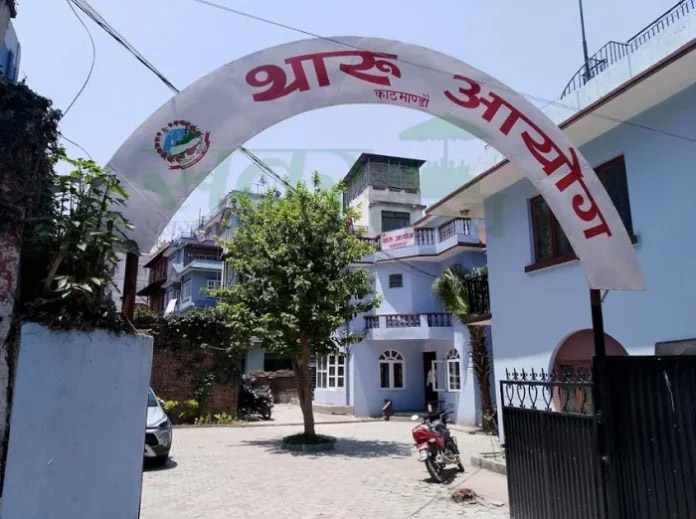
Roles and Responsibilities of the Tharu Commission
The Tharu Commission, dedicated to the upliftment and empowerment of the Tharu community in Nepal, has a comprehensive set of roles and responsibilities. Here's a detailed breakdown:
-
Research and Recommendations:
- Study the overall situation of the Tharu community and recommend policy, legal, and institutional reforms to the Government of Nepal.
- Formulate a national policy and program for the Tharu community's rights, interests, and empowerment, and recommend its implementation.
- Investigate the effectiveness of provisions related to the Tharu community and suggest steps for better implementation.
- Suggest improvements in legal, policy, and institutional arrangements concerning the Tharu community.
- Review, monitor, and evaluate policies and programs related to the Tharu community.
-
Monitoring and Implementation:
- Oversee or facilitate the implementation of the commission's recommendations or suggestions.
- Monitor the implementation of international treaty agreements concerning the Tharu community and make necessary recommendations to the Nepal government.
- Review, monitor, and evaluate awareness programs conducted by various entities for the Tharu community's rights and interests.
-
Community Development and Empowerment:
- Recommend special programs for the development and empowerment of economically or socially backward individuals within the Tharu community.
- Conduct awareness programs for the Tharu community's rights, interests, and empowerment.
- Propose programs to eradicate corruption, superstition, and exploitation within the Tharu community.
- Protect and promote the Tharu community's traditional skills, techniques, and knowledge, aiding in their commercial utilization.
-
Cultural Preservation and Promotion:
- Research various aspects of the Tharu community, such as languages, scripts, culture, history, traditions, literature, and arts, and recommend programs for their preservation and development.
- Recommend the establishment and operation of a living museum for the Tharu community's tangible and intangible culture.
- Advocate for research on the Tharu community's place of origin and the protection of related archaeological and historical structures and sites.
-
Community Identity and Rights:
- Collect complaints against entities violating the Tharu community's rights and recommend investigations.
- Recommend listing the Surname after conducting detailed research on the Tharu community's identity.
- Create and implement a code of conduct for the commission's chairman, members, and employees.
- Approve the commission's annual plan and program.
In essence, the Tharu Commission plays a pivotal role in ensuring the Tharu community's rights, interests, and cultural heritage are protected, promoted, and empowered. Through its multifaceted roles, the commission seeks to bring about positive change and development for the Tharu community in Nepal.
CONTACT US
Tharu Commission (Tharu Aayog)
Location: Anamnagar, Kathmandu Metropolitan City-29, Nepal
Phone: +977-1-5705118, +977-1-5705119
Email: [email protected]
Website: www.tharucommission.gov.np



